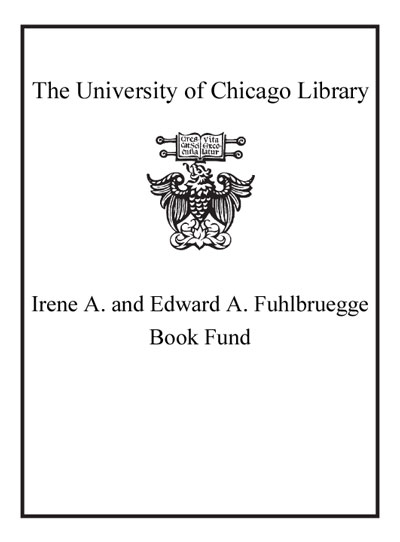Review by Choice Review
This is essential reading for anyone interested in the Americanization of the Vietnam War. McGeorge Bundy had absolute faith in the ability of US military power to eliminate threats to the US policy of containing communism. Preston (Univ. of Victoria) takes readers through Bundy's (and the NSC's) shifting between what he calls "soft" and "hard" hawk approaches to the challenges of inept South Vietnamese leadership and the increasingly successful and audacious military efforts of the Viet Cong and People's Liberation forces. The ethnocentric hard hawk was confident a continuous bombing campaign combined with US ground combat forces would convince the enemy to relent. Gradually, Bundy adopted a soft hawk emphasis as he realized that he had underestimated his opponent and overestimated US military power. Preston also argues that Bundy transformed the NSC from a clearinghouse into the center of policy making between 1961 and 1965. The central flaw is that Kennedy and especially Johnson tend to disappear from the discussion. Preston asserts that they lacked the time and inclination to develop clarity of thought about the perplexing problems posed in Vietnam. This, he claims, made Bundy and the NSC central to the decision to Americanize the Vietnam conflict. ^BSumming Up: Highly recommended. Most levels/libraries. T. Zoumaras Truman State University
Copyright American Library Association, used with permission.
Review by Choice Review

